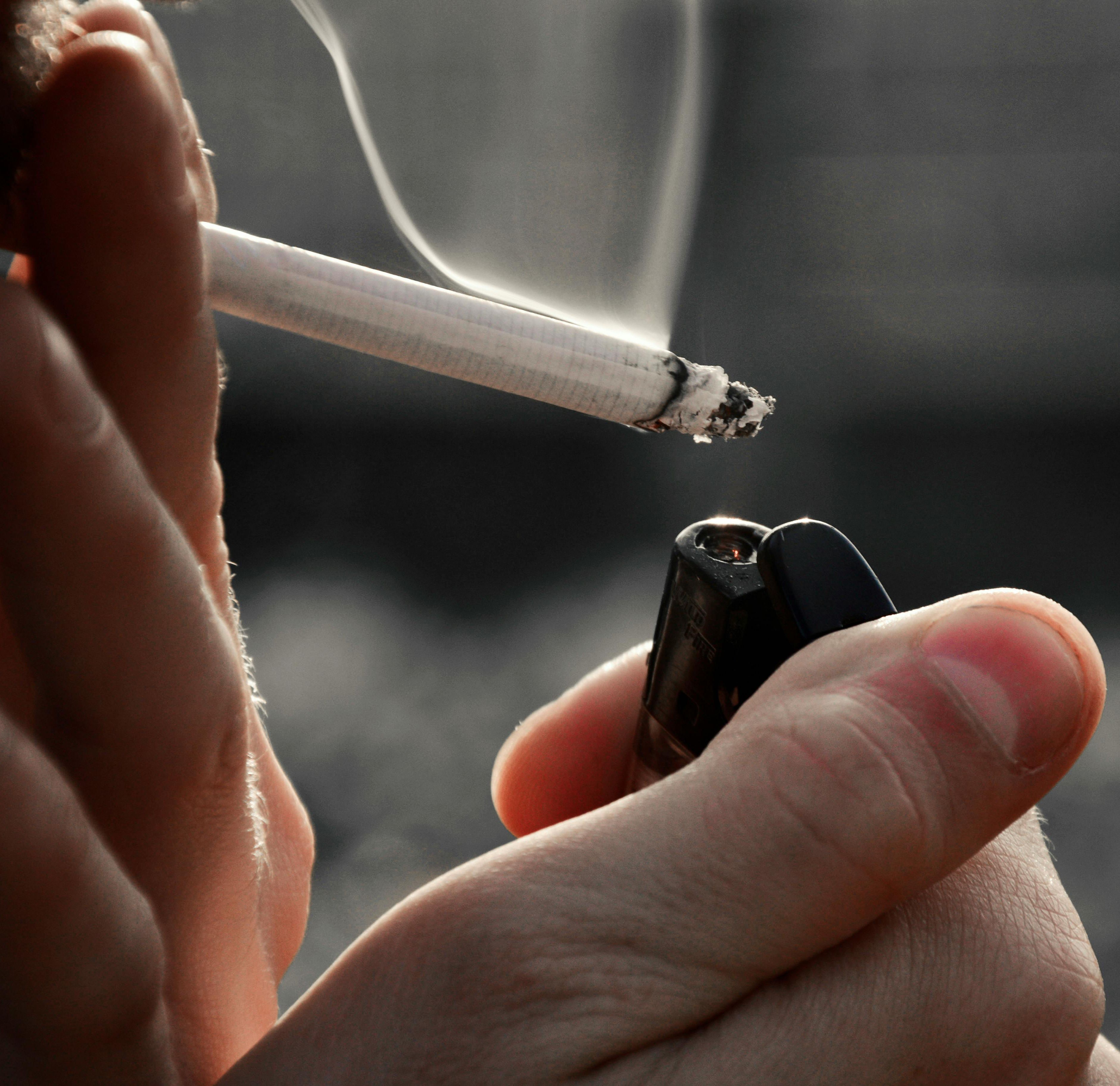Earth matters
Why more people are quitting smoking since COVID and its environmental impact
Lewis O'Brien
Share
More

Since the COVID-19 pandemic began, a growing number of people have chosen to quit smoking. While the decision is often driven by health concerns, the environmental benefits are also worth noting.
A wake-up call for health
COVID-19, a virus that attacks the respiratory system, prompted many smokers to reassess their habits. Studies have shown that smokers were more likely to suffer severe symptoms, leading to a spike in quit attempts during the pandemic. The fear of illness served as a powerful motivator to break the addiction.
Lifestyle shifts and financial pressures
Lockdowns changed daily routines. With pubs, clubs, and social gatherings paused, many found themselves away from environments where smoking was common. Spending more time at home and with family also influenced decisions. Additionally, economic uncertainty made smoking – an expensive habit – less justifiable. Free NHS quitting services and nicotine replacements helped many kick the habit for good.
Positive environmental effects
 Pexels/Malte Luk
Pexels/Malte Luk
Fewer smokers mean fewer cigarette butts – a major source of global litter. Cigarette filters are made of plastic and can take up to ten years to decompose, all while leaching harmful chemicals into soil and waterways. With reduced smoking, public spaces are cleaner, and plastic pollution from tobacco products is falling.
Read more How Mallow became one of the UK’s most celebrated sustainable restaurants among Britons
Looking ahead
If this trend continues, there could be long-term environmental advantages. Reduced demand for tobacco products may lead to less deforestation, pesticide use, and water waste in tobacco farming. What began as a health-driven shift could evolve into a sustainability success story.
Quitting smoking doesn’t just benefit individual health – it helps the planet too. The pandemic, despite its challenges, may have sparked a lifestyle change that supports a cleaner, greener future.
